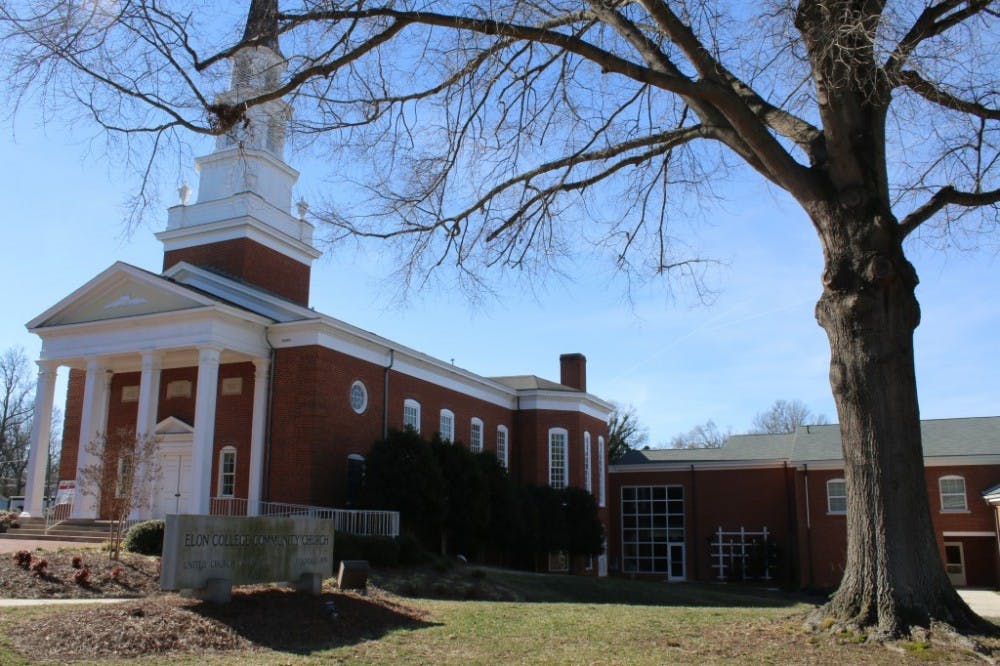After months of deliberation, the congregation of Elon Community Church made the decision last week to adopt Open and Affirming policies. The Decision means the church will now accept those who identify as LGBTQIA for full membership.
In fact, the church’s website, now proudly touting the Open and Affirming Statement, states that the church will strive to promote love and compassion amongst its members, “regardless of their color, gender, age, ability, economic situation, sexual orientation, gender identity or gender expression.” This statement marks a massive change in practice for a congregation that historically shied away from promoting or acknowledging support for the LGBTQIA community.
The idea to hold a vote for Open and Affirming was introduced in the church almost two years ago with the goal of changing how the church regards membership for members of the LGBTQIA community. Until the legalization of same-sex marriage in North Carolina last October, the discussion was temporarily suspended.
Though the congregation needed to consider multiple sides of the argument and discuss the issue thoroughly in making such a momentous decision. these proceedings took a remarkably long time. The end result, though, is more important than the timeline through which it was carried out. By affirming the decision to accept those identifying as LGBTQIA, the Elon Community Church demonstrates a renewed commitment to supporting all of those who call the Elon community home.
The church’s decision is a positive change for Elon and the surrounding areas because it works to make our community more inclusive at the local level. Injustice and inequality are often discussed on a larger societal scale, but should not be considered strictly national or international affairs. In fact, as college students, these social injustices often manifest themselves as primarily local issues felt not only on campus but in surrounding towns and cities as well. Elon Community Church shows it is capable of changing views on a topic that has widely been considered contrary to its fundamental beliefs.
Elon Community Church should be applauded for making the decision, though it surely might be an unpopular resolution for some members of the church. Small changes at the local level help to support larger societal changes, which will undoubtedly foster more accepting and inclusive policies in various aspects of campus and community life. The church’s decision should serve as inspiration for improving the way we treat those on campus, putting differences aside in order to strengthen the university community as a whole.
“We see differences not as barriers,” reads the church’s statement, “but as blessings.”


